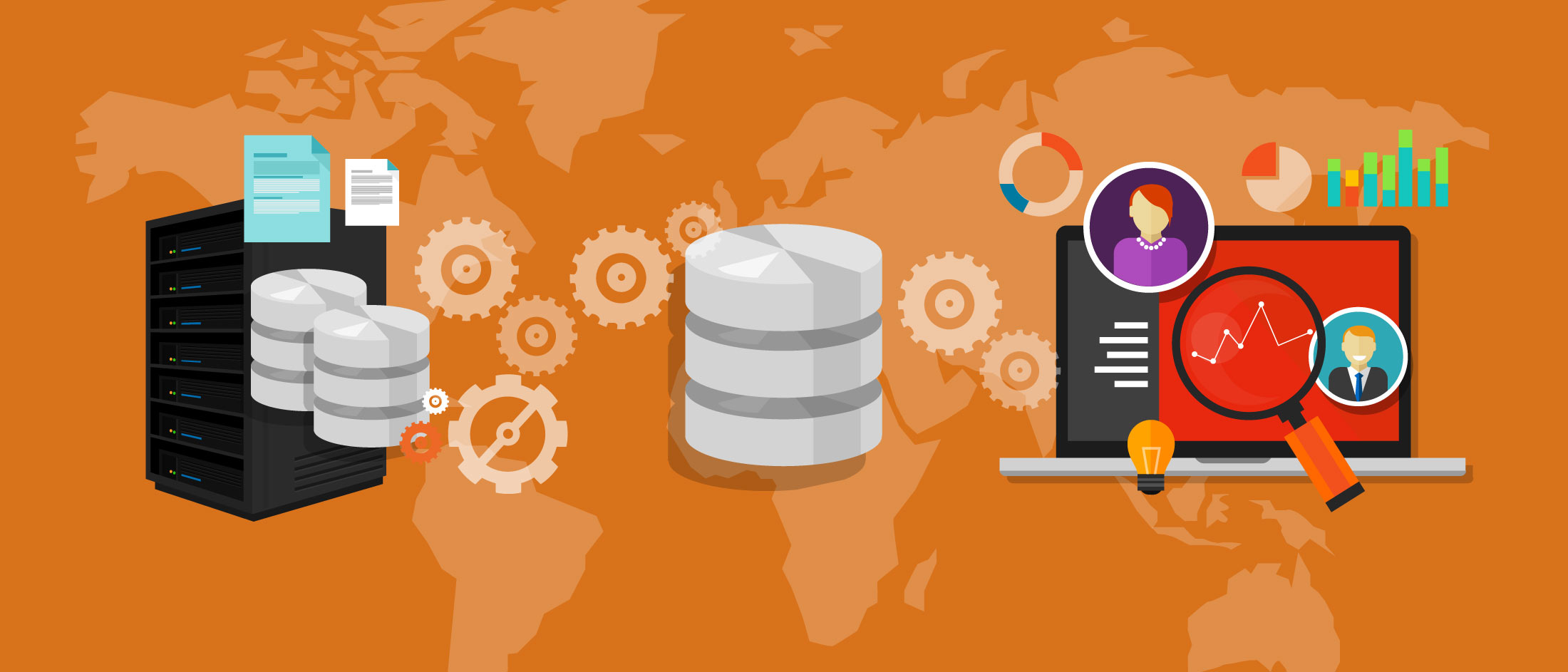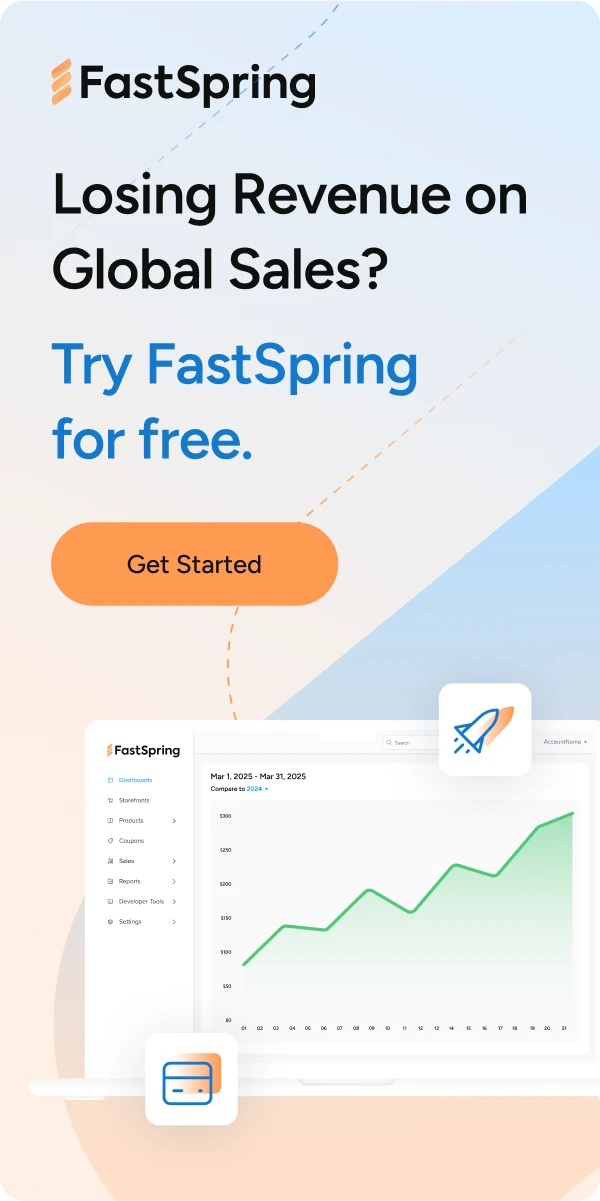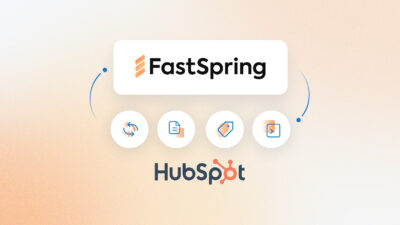Software-as-a-Service (SaaS) is dominating the cloud computing market. According to the International Data Corporation’s (IDC) Worldwide Semiannual Public Cloud Services Spending Guide, SaaS will capture almost two-thirds of public cloud spending in 2017. The guide goes on to state that SaaS will still account for roughly 60% by 2020. Small and medium-sized businesses SaaS adoption is expected to reach 94% by the end of 2017, according to a report by Techaisle.
Next-generation software businesses are offering vertical platforms to customers who require industry-specific features. And, as identified in Finance Online’s 2016 SaaS Industry Market Report, vertical SaaS is growing faster than traditional horizontal SaaS.
In this blog post, we’ll consider the benefits of being industry specific, and discuss how this helps when scaling your business.
Industry-specific Data Promotes Business Growth
Cloud-based software allows you to capture, store, collate, and analyze data across multiple levels of your business. With vertical SaaS, you can gain highly valuable customer intelligence. Industry-specific data is more helpful when analyzing functional areas, and businesses appreciate that level of specificity. With these details, vertical SaaS providers can advise their clients and provide useful insight for key business decisions, increasing their value as a business partner.
Better Return on Investment
Vertical SaaS makes good business sense, especially when scaling your business: the greater the value and depth of the data, the more problems you can solve. These extra layers enable you to offer your customers valuable insights previously unknown to them, enhancing your partnership and establishing yourself as a market leader.
With fewer logistical issues to contend with, SaaS businesses can target smaller business processes, automate them, take the software to other organizations in the industry, and instantly grab a large share of the market. This is why leading ecommerce providers have been so successful in taking their platforms into the SaaS industry.
A vertical approach provides immediate access across larger territories and increases penetration rates—as much as 60% of the market—in much larger quantities than a broad-based approach. By contrast, horizontal approaches hover around 5–10%.
Refining your target market makes it possible to speak directly to specific customers that require your service. This results in increased conversion rates, more personal referrals, and lower customer acquisition costs.
Gain An Upper Hand Over the Competition
Being knowledgeable and networking with industry players gives vertical SaaS businesses a distinct advantage. Working closely with experts and obtaining direct feedback affords them the opportunity to keep up with industry requirements and technical issues, so they can update their software at a moment’s notice.
As a next-generation vertical SaaS business, you’ll have the ability to take a large chunk of the market— vertical competition is sparse. In order to succeed, your software business must fully understand your target industry, not only from a macroeconomic perspective, but at a deep and specific level. Knowing what your customers’ needs are and being able to collate data, such as customer behavior, will position your business as a dominant player capable of offering more than a generic approach.
FastSpring is specifically designed to meet the needs of software, SaaS (vertical and horizontal), and other online service companies. FastSpring’s platform can help you maximize conversions, increase sales, and grow your business—all while providing an award-winning customer support platform to ensure that your software business succeeds.









